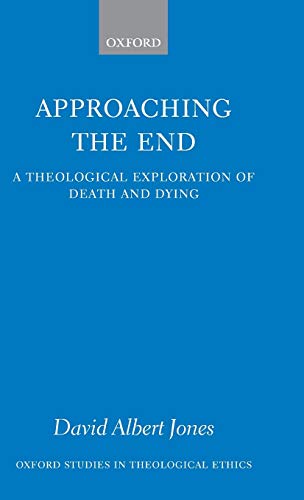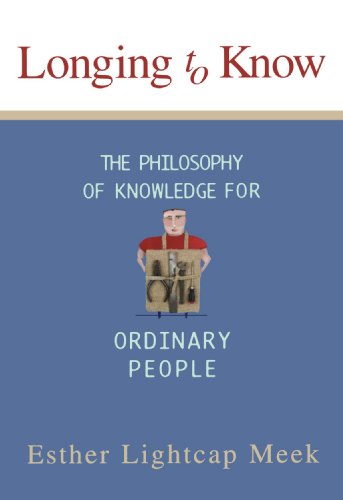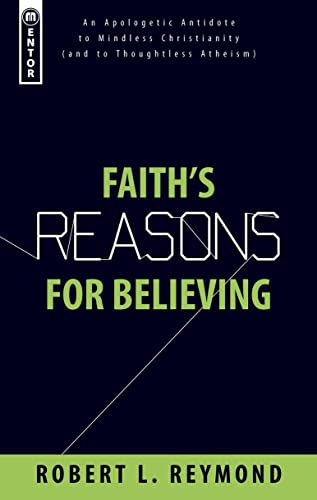Focus: The Art and Soul of Cinema
Written by Tony Watkins Reviewed By Jim MurkettAs the subtitle suggests, this book is concerned with exploring both the art and the soul of cinema. To that end, Part Two deals with the art of cinema, while Parts One and Three are taken up with analysing the soul of cinema. In Part Two, Watkins examines the process of filmmaking, looking at key players within the production of films such as the producers and editors, as well as exploring the narrative structure of films as they tell their story. All this is undertaken, not as an end in itself, but because it is Watkins’s conviction that “as we become more proficient at understanding how a film is structured, we also get better at seeing how it communicates at a worldview level” (p. 120).
Here we come to the very heart of the book in Parts One and Three, where the soul of cinema is explored. Watkins main thesis about films is that they communicate “at the level of worldviews” (p. 26) and so must be studied at that level. To aid this, Part One examines the concept of culture from a biblical point of view and how worldviews are a part of that. A step-by-step guide to recognising, evaluating, and responding to worldviews is provided. Watkins builds his case cogently that films are an inherently religious medium, worthy of engagement as the cultural products of “rebellious image-bearers” (p. 15). Part Three is especially concerned with how “films explore some of humanity’s deepest desires” (p. 152) and concludes with outlining the range of responses that Christians should make when watching films, including emotional, ethical, and aesthetic responses. Two appendices finish the book, one containing an extensive list of questions to bear in mind when watching a film and the other exploring the problems of unhelpful content within films. Ultimately, Watkins has written this book because
it is important for our ongoing Christian growth that we learn to watch films thoughtfully rather than let them wash over us, seeing them as mere entertainment. It is important for our ability to relate to our friends that we learn to understand the messages which films communicate and how they relate to the good news of Jesus Christ (p. xv).
Since “movies both reflect and shape culture” (p. 174), if Christians are serious in thinking about cultural engagement and transformation, they must be serious in thinking about film. This book is written to serve this end and to provide a starting point in this process.
One of the many highlights of this book is the chapter on film and culture. Using material from Genesis 1–3, Watkins exposes the two sides of culture: on the one hand, “culture is God’s idea” (p.10), and on the other hand, “culture is dangerous since it is also bound up with our rebellion against God” (p. 11). This tension must be acknowledged when Christians consider films so that they avoid the dangers of escapism and uncritical acceptance. Watkins adopts a better approach, that of “positive critical engagement” (p. 17), which respects both the beauty and depravity within films. Films deal in worldviews and in this sense are a religious medium. As Christians engage with films, they should celebrate where there is truth and “evidence of the longing for God which is innate in every human being” (p. 43). As Christians engage with films, they should challenge idolatry as we see the “God-substitutes which people chase when they cannot or will not pursue a relationship with the creator himself” (p. 45). Films express the fundamental heart commitments of those who make them and so are ultimately concerned with who or what one worships. I think this chapter would have been slightly improved by an explicit treatment of how general revelation provides non-Christians with the ‘raw-material’ for their cultural products including film. This theme is prominent in the work of Ted Turnau, and including this material would have further underpinned the theological rationale provided for Christian engagement with film.
Reading any book about film is bound to be a slightly frustrating experience due to the fact that film communicates visually whereas a book is a different medium. In addition, if the reader is unaware of a certain film, the impact of illustrations and examples may be lost. However, the fact that this book is full of varied examples, spanning many genres and decades, goes a long way to overcoming these inevitable limitations and provides connection points for as wide an audience as possible.
Overall, this book is an excellent resource and a welcome addition to the literature of Christian engagement with film. It is thorough, thoughtful, and above all, biblically rigorous. It provides practical help for Christians wishing to think about films. It will equip Christians to be aware of the potentially corrosive messages that films are communicating, to open up avenues into helpful conversations with non-Christian friends, and ultimately to declare the Lordship of Christ over every aspect of culture. This book should be essential reading for Christian film-studies students, for anyone who loves film, and for anyone who wants to think about how Christ relates to culture.
Jim Murkett
Oak Hill Theological College
London, England, UK
Other Articles in this Issue
Though his primary concern was how to persuade people from diverse backgrounds to embrace the gospel of Jesus Christ (1 Cor 9:12, 23), Paul, nonetheless, embodies a principle common to all who would provide leadership to a community comprised of a multiplicitous collection of rigid truth claims and behaviors...
The Ethnic Enemy—No Greek or Jew . . . Barbarian, Scythian: The Gospel and Ethnic Difference
by Keith FerdinandoWhatever 'globalisation' may be, it has been accompanied by insistent and sometimes violent affirmations of ethnic identity...
Despite a small flurry of attention over the past decade, Adolf Schlatter (1852–1938), Tübingen professor of New Testament and author of more than 440 written works, remains one of the most neglected yet illuminating theological voices of the past one hundred years...
Commentators have customarily interpreted Phil 2:12 as a reference to "working out" one's personal salvation...
Salvation History, Chronology, and Crisis:1 A Problem with Inclusivist Theology of Religions, Part 1
by Adam SparksA fundamental requirement in an inclusivist understanding of the relationship between Christianity and other religions is evidence of God's salvific activity outside of any knowledge of Christ...






